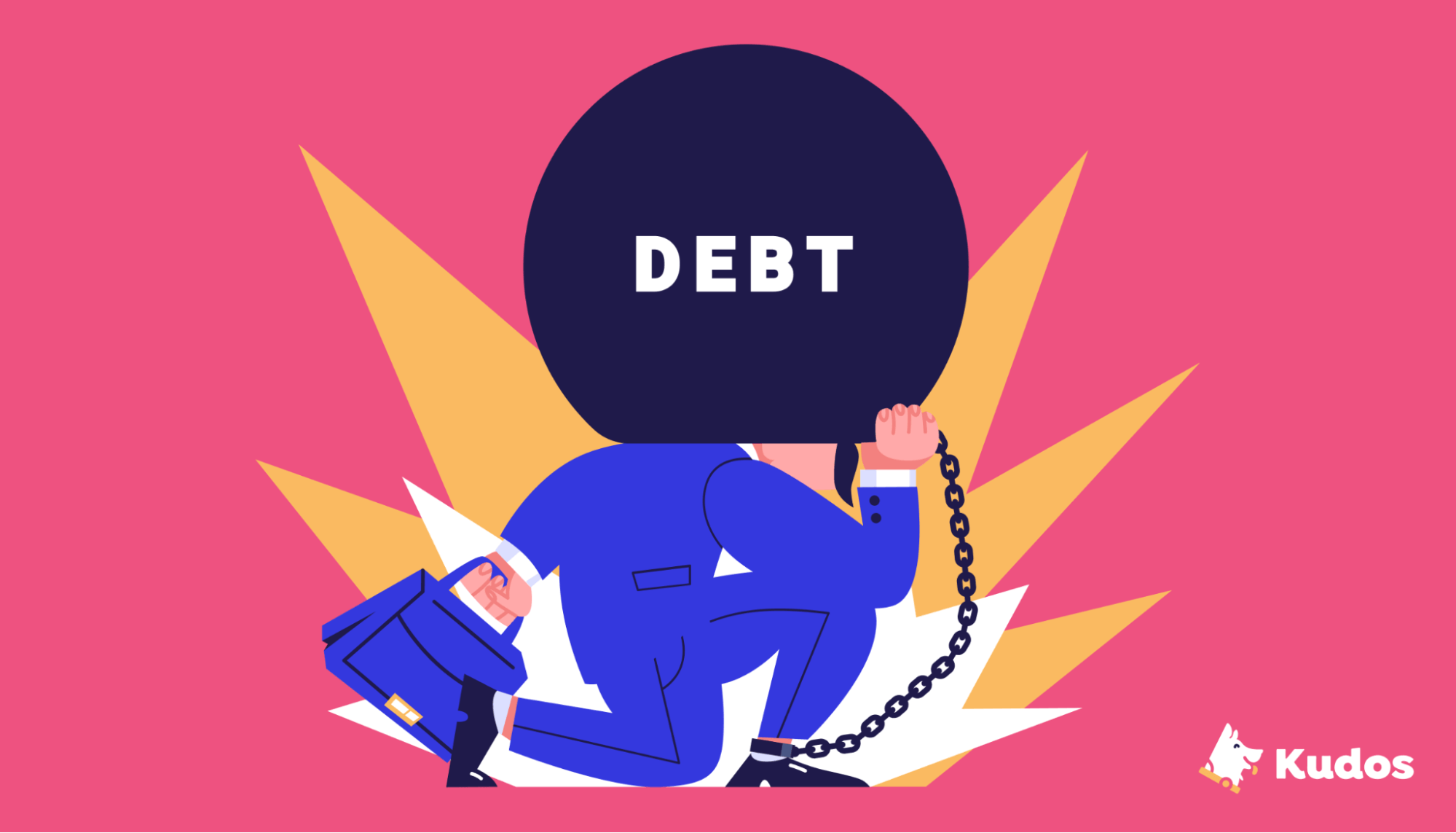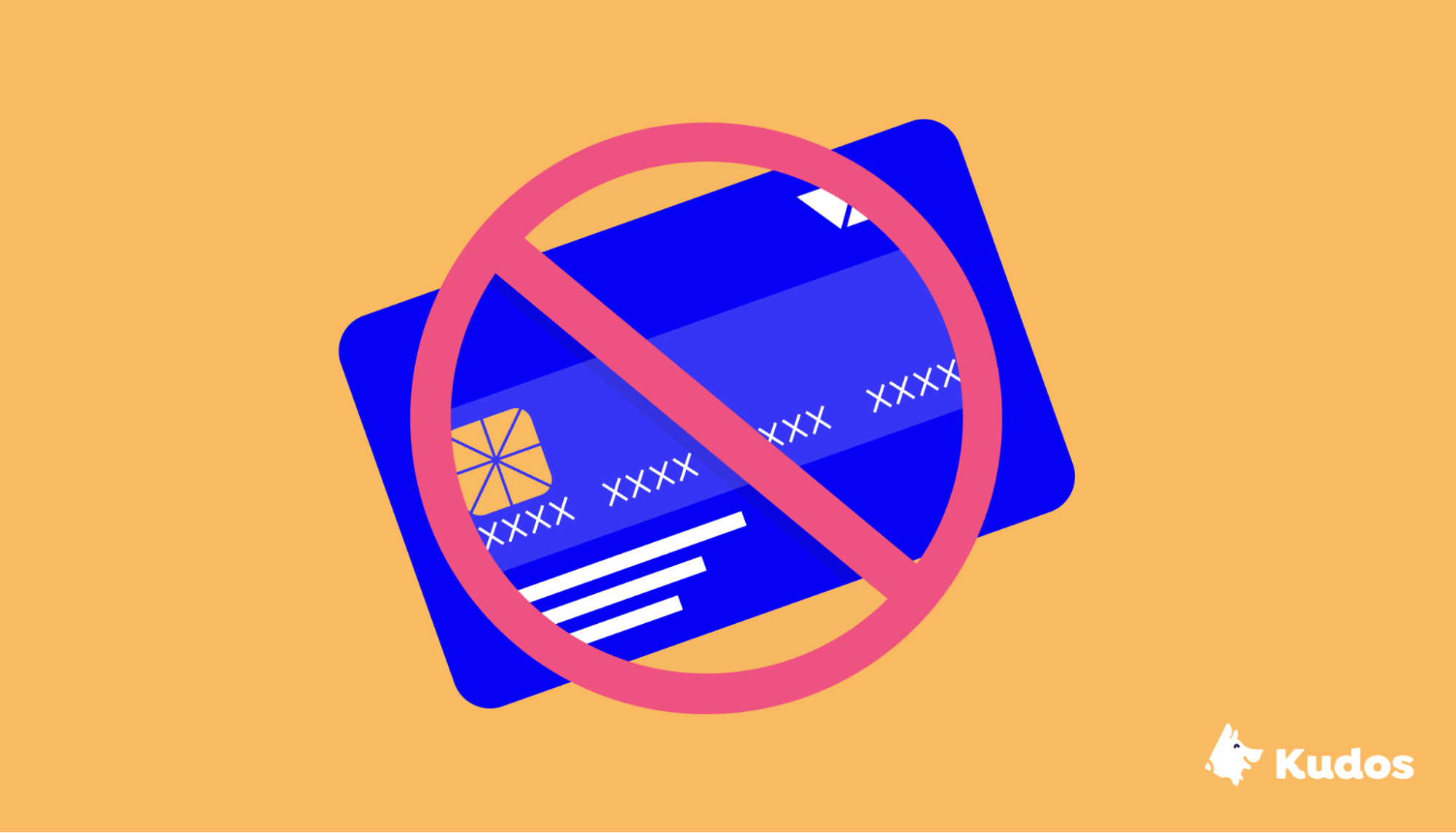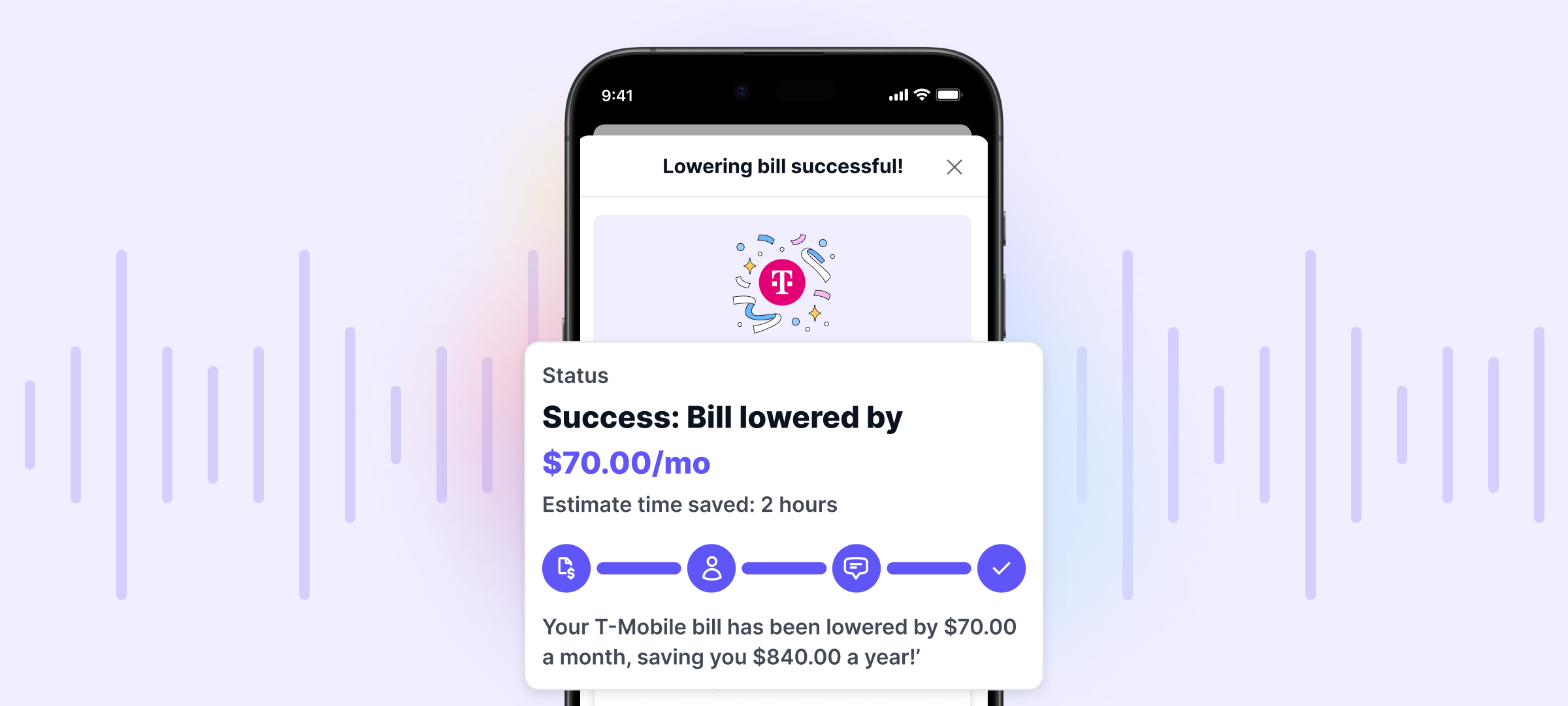
Kudos has partnered with CardRatings and Red Ventures for our coverage of credit card products. Kudos, CardRatings, and Red Ventures may receive a commission from card issuers. Kudos may receive commission from card issuers. Some of the card offers that appear on Kudos are from advertisers and may impact how and where card products appear on the site. Kudos tries to include as many card companies and offers as we are aware of, including offers from issuers that don't pay us, but we may not cover all card companies or all available card offers. You don't have to use our links, but we're grateful when you do!
Should I Use My Credit Card for Everything?
July 1, 2025


Credit cards come with a variety of perks. From cash back rewards to enhanced purchase protection, there are many reasons to reach for a credit card when making a purchase. But does it make sense to always use credit cards?
The answer depends on several factors — most notably your financial situation and ability to avoid costly debt. Learn more about the pros and cons of using a credit card in this detailed guide.
What Are the Advantages of Using a Credit Card?
Credit cards offer many advantages. Here are the most noteworthy.

Earns rewards
Rewards credit cards earn rewards when you make a purchase. For example, a 1% cash back card may reward you with $1 in cash back when you make a $100 purchase. Each card offers a different rewards rate, which can get confusing. With Kudos, users can easily pick the optimal credit card to use for any online purchase.
Builds credit
Using a credit card responsibly can help you build your credit history and boost your credit score. Each on-time payment you make contributes toward building your positive credit history, which can help improve your credit score. You can request free credit reports once per year from AnnualCreditReport.com to monitor your progress.
Interest-free grace period
Credit cards charge interest if you carry a balance. However, if you pay your credit card balance in full each month, you won’t pay any interest. For example, you could make purchases throughout the month of July and then pay off the full amount in early August — without paying any interest. Many savvy credit card users utilize cards for their rewards and other perks while paying the balance in full each month to avoid interest charges.
Flexible spending
Credit cards allow you to borrow money to make purchases. While this can create debt in the long run, it can sometimes be very helpful. For example, if you only get paid once per month, credit cards can help you pay for everyday purchases until you receive your paycheck.
Purchase protection
Many credit cards offer protection on the purchases you make. The credit card issuer may step in to help if you need to dispute a charge or return a defective product. Some cards even offer premium perks, like travel insurance or rental car collision damage coverage. And in the case of unauthorized purchases (from fraud or theft), credit cards offer stronger protection than debit cards.
What Are the Disadvantages?
Credit cards also have substantial disadvantages to keep in mind.

Interest charges
Credit cards charge interest if you carry a balance. Typical credit card APRs are quite high, with the average being well over 15%. This makes each purchase cost more if you pay it off over time. The Consumer Financial Protection Bureau reports that the average American household spends more than $1,000 per year on credit card interest and fees.
Easier to overspend
With a debit card or cash, you can only spend money that you actually have. But with a credit card, you can easily overspend. This makes it much easier to go into debt. This is particularly true of credit cards with high spending limits. Always keep an eye on your spending habits when using credit cards.
Debt spiral
Credit cards can contribute to a harmful “debt spiral” that can be difficult to get out of. If someone falls behind on monthly payments, interest continues to accrue, making it more and more difficult to get ahead. Over time, this can lead to substantial debt. On average, American households have $5,221 in credit card debt.
Fees
Many credit cards have annual fees. Depending on the card, these can range from as little as $20 to over $500. There are also fees for late payments.
Should I use my credit card for everything?
Using a credit card for most purchases makes sense if you can afford to pay the full monthly balance. This way, you can take advantage of all the benefits of credit cards without paying any interest.
If you are on a tight budget, it’s best to avoid using credit cards. The high-interest rates can create a vicious cycle of debt that can be difficult to overcome.
When To Avoid Using a Credit Card
There are some specific circumstances in which it doesn’t make sense to use a credit card.

When it will lead to debt
Credit card debt should be avoided wherever possible. It’s a costly form of debt, with average interest rates exceeding 15%. If you know that spending on a credit card is likely to lead to debt, it’s best to avoid using credit cards altogether.
When you’re tempted to overspend
Credit cards can make it easier to overspend. Even if you know you can afford to pay off your balance in full, spending more is psychologically easier when you don’t see the money leaving your account immediately. If you’ve struggled with overspending or impulsive spending in the past, it’s best to stick to debit cards or cash.
When there’s an extra fee
Retailers must pay processing fees to the credit card companies for each transaction made using a credit card. These fees can range from 1.15% to 3.3% or more, depending on the card type, transaction size, and merchant account. For example, if you make a $100 purchase using a credit card, the merchant will pay somewhere between $1.15 and $3.30 to process the transaction.
Some merchants choose to pass this expense on to customers. For instance, a small retailer may add a 3% surcharge to a bill if you pay via credit card. Other retailers may not charge an extra fee but may offer a discount if you pay with cash. In these circumstances, the fees you pay will most likely outweigh the rewards you would earn on the transaction. If a merchant charges an extra fee, paying with cash or a debit card is likely optimal.
When credit cards aren’t a payment option
For some expenses, credit cards simply aren’t a viable payment option. Rent and mortgage payments are one prominent example. You will typically need to pay via bank transfer or check for these expenses.
How to maximize the benefits of credit cards
There are many perks to using a credit card — and it’s wise to take steps toward optimizing the rewards you receive while minimizing the costs you pay. Here’s what to consider.
Optimize rewards for each category of spending
Different types of credit cards offer different perks and rewards rates, which are often based on the category of the purchase. For instance, one card may offer 3% cash back on dining out but only 1% back on all other categories. In this case, it would make sense to use this card whenever you go out to eat.
The easiest way to optimize your rewards earnings for online shopping is to use Kudos. Kudos helps you pick the best card to use every time you shop online by analyzing the benefits of all the cards you have. Kudos helps remind users of all the benefits of each credit card they have — including rewards rates, purchase protections, extended warranties, and more. With the Kudos browser extension, users can quickly and easily determine which card is best to use for each given purchase.
Avoid interest charges
Any time you pay interest on a credit card, the cost will almost certainly outweigh the benefits you get from using the card. For this reason, it’s best to avoid using credit cards if you will have to carry a balance — even if the rewards or perks are very tempting.
Take advantage of sign-up bonuses
When choosing a new credit card, looking for cards that offer signup bonuses is helpful. These bonuses are offered by banks to attract new customers. For example, a bank may offer a $200 cash bonus if you sign up for a card and spend $1,000 in the first three months.
Consider the perks most relevant to you
Finally, it’s wise to carefully consider the credit card rewards and perks that are most relevant to your life and goals. If you’re a traveler, using an airline reward card may be the optimal choice. If you value peace of mind, using a card with excellent purchase protection may be ideal. Or, if you just want to keep things simple, using a 2% cash back credit card may be the best fit for you.
Conclusion
It generally makes sense to use a credit card for most purchases, as long as you can afford to pay off your balance in full each month. If you can’t, sticking with a debit card or cash is wise, as it will prevent overspending.
When you shop with a credit card online, make sure to use Kudos. Kudos helps you select the right card from your wallet to use while explaining the rewards and benefits you will receive. Add Kudos to Chrome now.
Unlock your extra benefits when you become a Kudos member

Turn your online shopping into even more rewards

Join over 400,000 members simplifying their finances

Editorial Disclosure: Opinions expressed here are those of Kudos alone, not those of any bank, credit card issuer, hotel, airline, or other entity. This content has not been reviewed, approved or otherwise endorsed by any of the entities included within the post.



































.webp)









.webp)